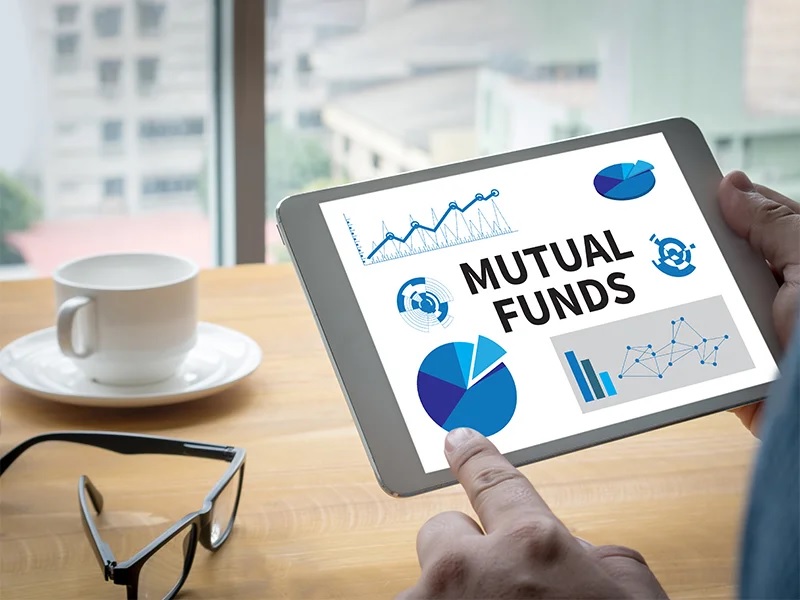
Like most investors, you’ve probably been approached by a salesperson touting the benefits of exchange-traded funds (ETFs) and urging you to buy. But do you understand what ETFs are and how they work?
This article will discuss how to select ETFs for your portfolio. We’ll also examine some of the advantages and disadvantages of ETFs compared to other investment vehicles. Finally, we’ll share some pointers on bettering your trading skills and getting started with ETF investing.
How to select ETFs
You’ll need to consider some factors when adding exchange-traded funds (ETFs) to your portfolio.
First, you need to decide what asset class or classes you want to add exposure to. For example, if you are looking to add international stocks, you would want to select an ETF that tracks an international index.
You’ll need to think about the expense ratio of the ETF once you’ve chosen the asset class or classes you want to invest in. The expense ratio is the annual fee charged by the fund manager, and it will eat into your returns. Therefore, you want to select an ETF with a low expense ratio.
Another factor to consider is the tracking error. The difference between the ETFs and the index’s performance is tracking error. You want to select an ETF with a low tracking error to ensure that you get the exposure you want.
Finally, it would help to consider whether you want an actively managed or passively managed ETF. With an actively managed ETF, the fund manager will try to outperform the market, and the fund manager will try to track the market with a passively managed ETF.
Pros and cons of ETFs
There are many different strategies for investing. Two of the most popular options are exchange-traded funds (ETFs) and traditional investment vehicles such as mutual funds. Both have their advantages and disadvantages, and it is crucial to understand these before making any decisions.
ETFs are a newer investment option, and they differ from traditional vehicles in a few key ways.
One advantage of ETFs is that they are more tax-efficient than traditional investments. Another advantage is that they typically have lower fees than traditional investment vehicles.
However, ETFs also come with some risks. For example, their prices can be more volatile than traditional investments because they are traded on an exchange.
Additionally, ETFs may not be suitable for all investors. For example, if you are looking for a long-term investment option, an ETF may not be the best choice.
Ultimately, investing in an ETF or another type of investment vehicle depends on your circumstances and goals. If you would like more information on ETFs in general, such as the types available for trading in the region and average costs, this page can help you further your knowledge.
Tips to get started
ETF investing can be a great way to add diversification to your portfolio and save on fees. But if you’re new to ETFs, choosing and buying them can be daunting. Here are some helpful tips to start you off.
Start by doing your research. With thousands of ETFs available, it’s essential to narrow down your options by focusing on asset class, geography, and sector. Once you’ve decided what type of ETF you want, compare expense ratios and performance history to choose the best fund for you.
Next, decide how you want to buy the ETF. You can buy ETFs through most online brokerages if you’re comfortable doing it yourself. However, if you want someone else to manage your investment, consider using a Robo-advisor that offers ETF portfolios.
Finally, keep in mind that ETFs are not without risk, and they are subject to market volatility and tracking error, so make sure you understand the risks before investing. With these tips in mind, you’ll be on your way to successful ETF investing.
The bottom line
Selecting the right ETFs for your portfolio can be a daunting task. However, by following our advice, you can narrow down your choices and find the best ETFs to fit your needs. With the steps highlighted in this post in mind, you can confidently select the right ETFs for your portfolio and begin investing for your future.






